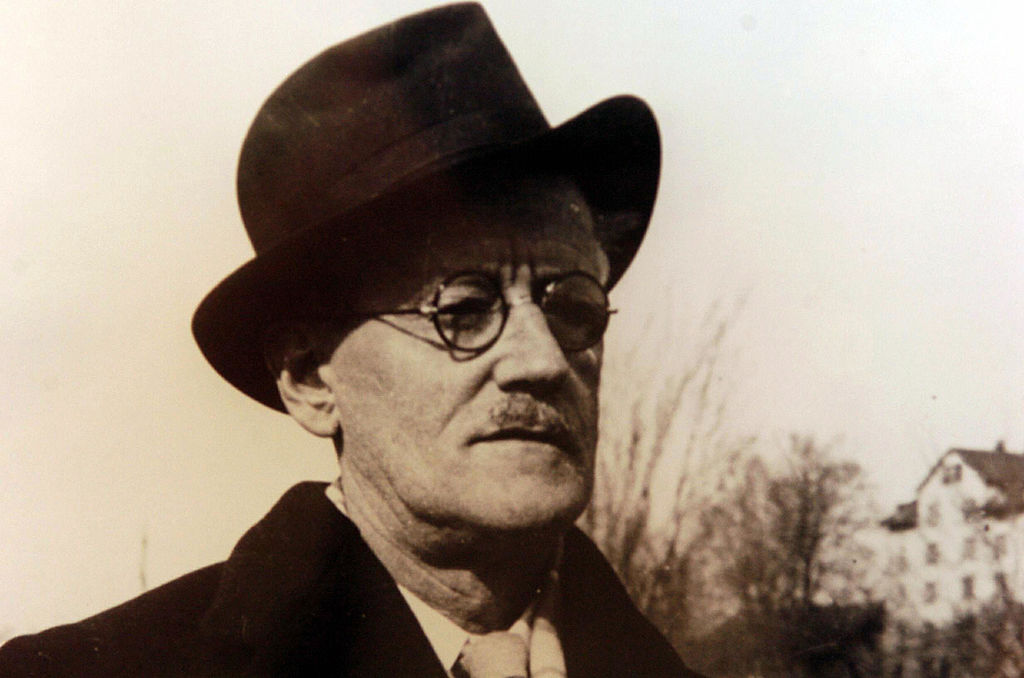Happy Bloomsday everybody. Today, June 16, is the day on which the events of James Joyce’s epic novel, Ulysses, is set and the anniversary is celebrated every year by fans, scholars and people who simply want to look clever.
Millions of people either cite the tome as the greatest piece of literature ever written, or as the biggest load of pretentious drivel: so complicated that you can’t get past page 46 before giving up.
Hardcore devotees to the 1922 work based on Homer’s Odyssey, will even follow the route taken by its central character, Leopold Bloom, through Dublin from a Martello Tower on the coast via a funeral and a selection of pubs and bars and the red light district of this fair city. Many fail to make it to the end — and the same can be said of a great many who have tried to read it.
But those who have? Well, it’s like the old joke, originally about vegetarians. How do you know if someone has read Ulysses? They tell you.
;768:[300×250,336×280,320×100];0:[300×250,320×100,320×50]”]And that includes me.
That’s because it feels like an achievement. For those of us who are not avid bookworms, it is the mentally exhausting equivalent of conquering Everest. It is 800-odd pages of one man’s stream of consciousness, including dream sequences and whole sections written without any punctuation. Admittedly there’s not many laughs but plenty of raunchy sexual references which attracted the ire of the censors back in the day.
In many ways, it’s a book to be admired rather than enjoyed, a lavish explosion of words and thoughts and themes from marriage to religion to drinking to politics. The kind of book where you look back and wonder what kind of person has the sheer depth of knowledge, willpower, ability and sheer genius to be able to produce such a remarkable body of work.
Not even Joyce’s biggest fans can say it’s an easy read. Sometimes it feels like wading through treacle, others have likened it to one long LSD trip. And then there’s the long words, the literary references to other writers and the Irish slang, which mean stopping every few pages to refer to Professor Google.
Then there’s the commitment to reading it for those inspired by the multitude of bookwormish lists that claim it is either the hardest book in the world to read, one of those bucket lists of novels to read before you die, the most overrated piece of fiction of all time or just a pretentious jumble of long words put together to look impressive. Older readers may remember Leonard Sachs, the host of the BBC’s variety show, The Good Old Days, who elicited “woos” from the audience by peppering his introductions with ridiculously long words.
;768:[300×250,336×280,320×100];0:[300×250,320×100,320×50]”]There is no doubt it’s a slog. It takes longer to read the book than it did for Bloom to navigate his way across Dublin — events to celebrate June 16 have included public readings of the novel, lasting around thirty-five hours and even an attempt to put the whole book on Twitter, 140 characters at a time.
For those of us who are not avid bookworms, it is the mentally exhausting equivalent of conquering Everest
For all those who boast about not being able to put it down there are as many who enjoy doing just that, putting it down.
While fans include Jeremy Corbyn and Joe Biden, others have found it long-winded and over complicated. Virginia Woolf, who wrote the second best novel set over a single day in Mrs. Dalloway, called it “illiterate,” though it is not certain she even finished it.
Best-selling author Paolo Coelho said: “There’s nothing there. Ulysses is a twit.” For anyone who has had the misfortune to read one of Paolo’s god-awful books, this feels like Katie Price slagging off Stephen Hawking for not including enough sex in A Brief History of Time.
Mel Brooks was such a fan that in his cinematic masterpiece, The Producers, he gave Gene Wilder’s character the name Leo Bloom. Perhaps that’s the answer — those who want to join in with Bloomsday without actually reading the book can resort to a quick chorus of Springtime for Hitler?
;768:[300×250,336×280,320×100];0:[300×250,320×100,320×50]”]This article was originally published on The Spectator’s UK website.





















